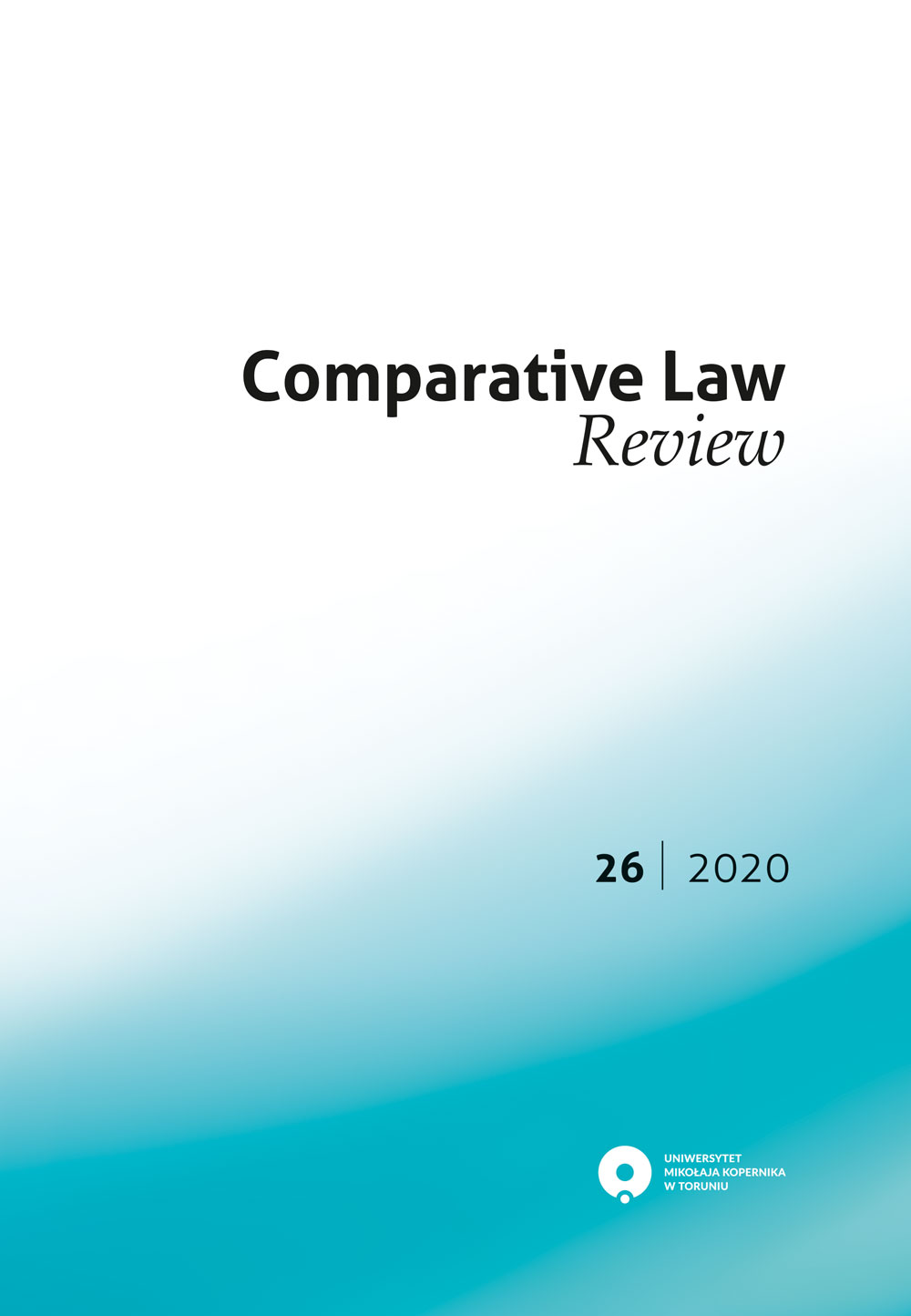Property Rights and Legitimate Expectations Under United States Constitutional Law and the European Convention on Human Rights: Some Comparative Remarks
Property Rights and Legitimate Expectations Under United States Constitutional Law and the European Convention on Human Rights: Some Comparative Remarks
Author(s): Marta Nunes VicenteSubject(s): Constitutional Law, EU-Legislation, Comparative Law
Published by: Wydawnictwo Naukowe Uniwersytetu Mikołaja Kopernika
Keywords: legitimate expectations; property; United States Federal Constitution; European Convention on Human Rights; expropriation
Summary/Abstract: The present article aims to critically describe and compare how two rather different legal fora – the United States Supreme Court and the European Court of Human Rights – address the same constitutional issue: the protection of property rights and legitimate expectations in the face of a legal change. According to the US Federal Constitution, the effects of a legal change over patrimonial interests can be treated under the due process of law clause or the takings clause. Article 1 of Protocol No. 1 of the European Convention on Human Rights, alone or in conjunction with the right to a fair trial, plays the same role under the ECHR. Our concluding remarks will show that in both systems, property protection provisions amount to a guarantee against unfair governmental action. Regulatory takings and proportionality are areas of strong disagreement between the two systems, whereas retroactive legislation and patrimonial expectations reveal some interesting similarities.
Journal: Comparative Law Review
- Issue Year: 26/2020
- Issue No: 1
- Page Range: 51-96
- Page Count: 46
- Language: English

